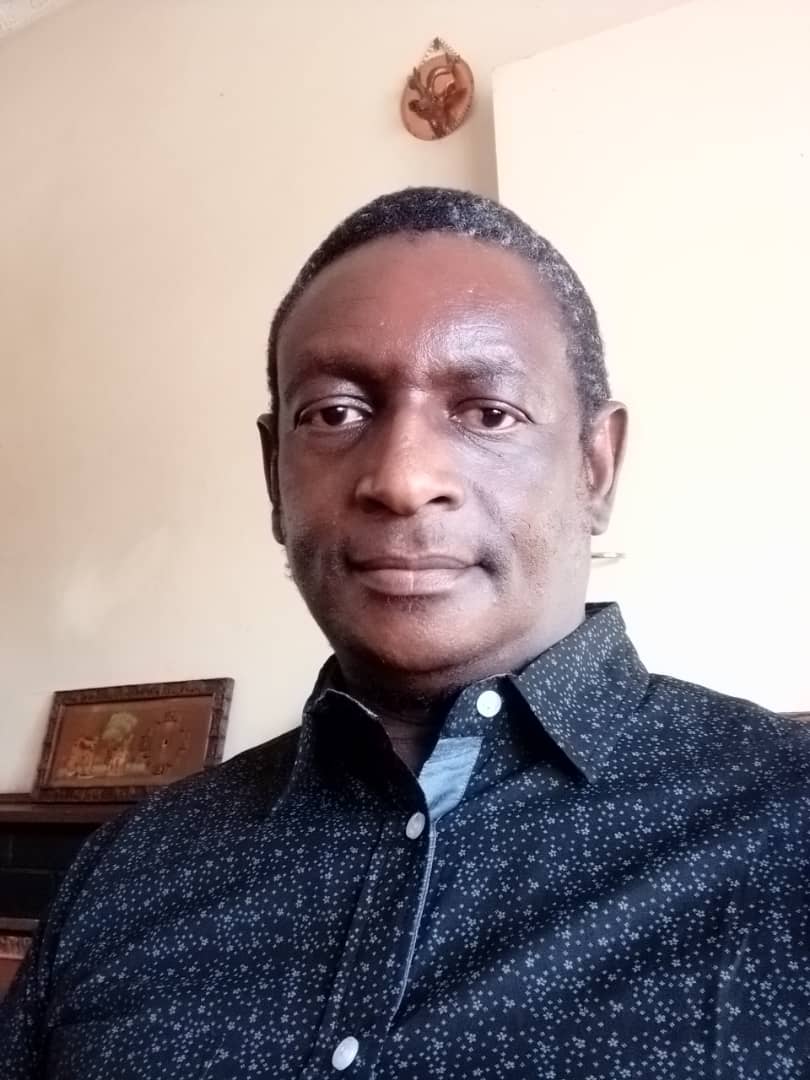When I was a little boy, we loved listening to “Chimurenga”, or liberation struggle songs, that our gallant Zimbabwean musicians belted out, as a way of emboldening and encouraging the population to bravely stand up against colonial rule.
As someone who had been inculcated with a sense of social justice by my beloved late father – who himself strongly loathed oppression, and had suffered the wrath of the Rhodesia regime, as he was blacklisted from his teaching profession as a result of anti-colonial activism – I could feel the heart and soul of these songs, as they touched the very depths of my being.
There were the prominent catchy tunes, which we listened to every night – as we sat quietly surrounding the radio speaker, so as not to be heard by those who could rat us out to the authorities – that were aired on Voice of Zimbabwe (carried by Lourenço Marques Radio, later Maputo), usually featuring the ZANU choir’s “Maruza Imi”, “Nzira Dzemasoja”, “Afrika”, and so many more.
That is why I was so unbelievably excited when this same choir, led by the late Cde Chinx, were accommodated at my parents’ Redcliff home, when they came for a show at Torwood Hall, soon after the country’s independence – since my father was an active member of ZANU, and having even later risen to the provincial leadership.
Nonetheless, the country also had quite a number of civilian pro-independence activists, who used their phenomenal musical talents in fighting for Zimbabwean freedom, and the end to colonial rule – which had witnessed the subjugation of the majority by a minority.
We had vinyl records of some of these intrepid singers – who included, the recently deceased Zexie Manatsa, Thomas Mapfumo, Elijah Madzikatire, Oliver Mtukudzi, Harare Mambos, and numerous more.
Who can forget such tunes as “Kwaedza muZimbabwe”, “Munhu Mutema”, “Tozvireva Kupiko”, “Gwindingwi rine Shumba”, and “Chitima Cherusununguko” by Mapfumo; “Zimbabwe” by Mtukudzi; “Mbuya Nehanda” by Harare Mambos; “Very Sorry”, and “Madisinyongoro”, by Madzikatire; “Musango Mune Hangaiwa”, and “Handeyi Tinobaya Bere” by Manatsa?
I grew up loving and singing along to some of these major hits – as they blended perfectly well with my own childhood passion for the respect of every person’s rights, and a bitter disdain for any form of subjugation of one by another.
However, after the recent passing on of the legendary Manatsa, who succumbed to cancer on 20 January 2022, at the age of 78 years – I could not help wondering why it appeared safer for these revolutionary musicians to even utter these obviously inciteful and subversive songs under colonial rule, than it was to constitutionally speak out against repression in our so-called “independent” Zimbabwe?
This is not to say that is was not extremely dangerous to undertake such a perilous endeavor in Rhodesia – no wonder, most of these singers used metaphors in their lyrics – but, quite frankly there is a detectably huge difference between then and now.
Thomas Mapfumo is an excellent case study.
In spite of placing his life in grave danger with the amazingly powerful “Chimurenga” songs that he released in the 1970s, leading to his brief imprisonment without charge – his life, nonetheless, was never in any significant risk, such that he did not see the need to flee the country into exile.
Yet, in “independent” Zimbabwe, after penning songs against state-sponsored rampant corruption, economic mismanagement, and continued oppression of the majority – with hits as, “Disaster”, “Mamvemve”, and “Corruption” – he ended up seeking refuge in the US (United States of America) in 2000, as he feared for his life under the ZANU PF regime.
Furthermore, are we to assume that those other renowned musicians – who courageously stood up against colonial oppression, yet became deafeningly quiet during post-independence Zimbabwe – suddenly did not see anything wrong with clearly ruthless and barbaric subjugation of the majority by a minority ruling elite?
What made Mapfumo continue to speak out, or rather sing out, against oppression and corruption – but, his counterparts either went into hibernation, or deliberately opted for the much safer route of staying far away from politics?
If they genuinely did not see anything untoward about the Zimbabwe regime, why did they not continue on their political path by singing the praises and glory of the “post-independence” government?
Or, was something else the reason for their silence?
Can we not conclude that, these exceptional musicians – although their freedom was undoubtedly at risk under Rhodesian rule for their revolutionary songs, since they could face arrest – felt even in graver and more life-threatening danger in “independent” Zimbabwe?
Can we not safely say that, our “post-independence” rulers have proven themselves much more barbarous and blood-thirsty than the colonial regime – such that, most of those who used to bravely stand up, and speak out, against repression in Rhodesia, could not even dare do the same after 1980?
Why should they not be terrified of a regime that has no qualms brutally and cold-bloodedly massacring tens of thousands innocent civilians outside a war zone, butchering hundreds of opposition supporters in a supposed democracy, abducting many more (some, who have never been seen again, as Itai Dzamara), weaponizing the law to persecute social justice activists, and using state resources as a tool against dissent?
Yet, never did we witness such savagery before 1980!
No wonder my own dear father began having serious misgivings and reservations about his political party’s actions, and the direction the country was going!
© Tendai Ruben Mbofana is a social justice activist, writer, and social commentator. Please feel free to contact him on WhatsApp/Call: +263715667700 / +263782283975, or Calls Only: +263788897936 / +263733399640, or email: mbofana.tendairuben73@gmail.com
The post Was Rhodesia safer for civilian activists than under a brutal blood-thirsty Zimbabwe regime? appeared first on Zimbabwe Situation.
